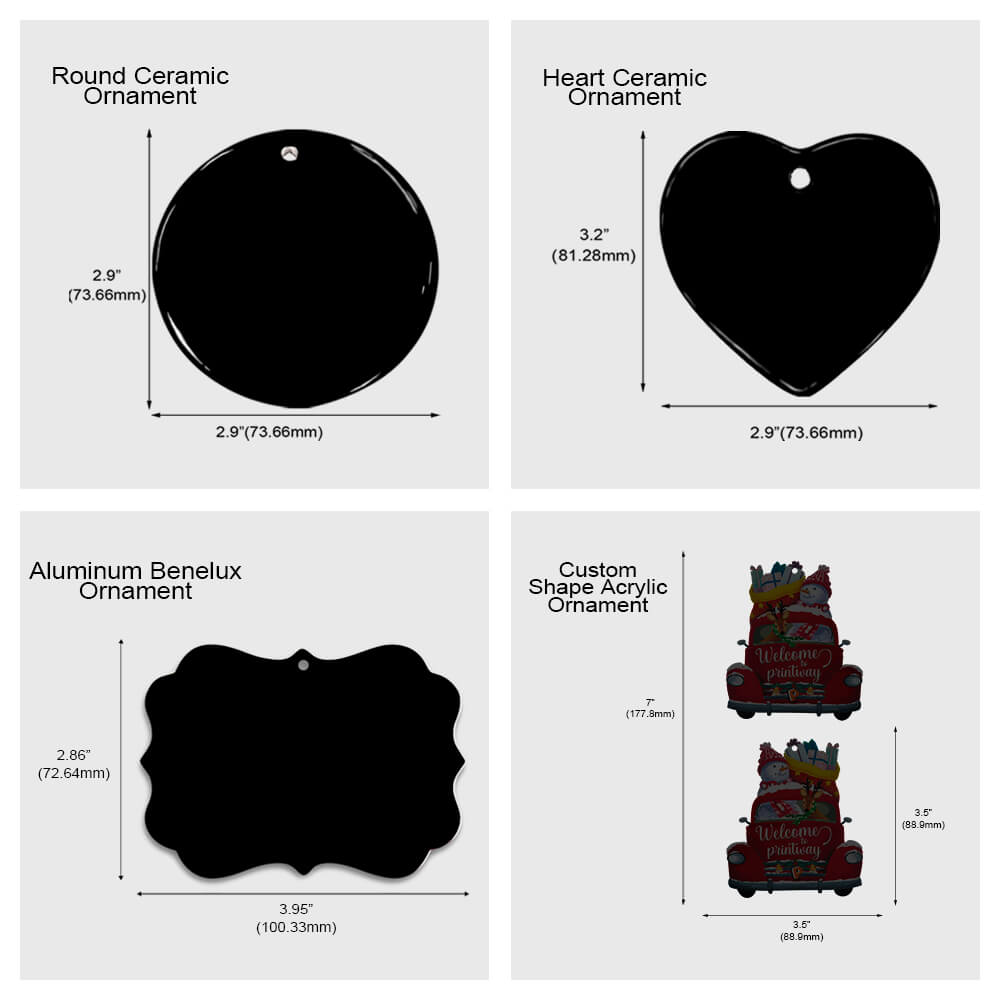Frenchies: The Adorable and Lovable Companion Dogs

Table of Contents
- Introduction
- History of French Bulldogs
- Characteristics of French Bulldogs
- Appearance
- Temperament
- Intelligence and Trainability
- Case Study: Training a French Bulldog to Perform Tricks
Introduction
French Bulldogs, also known as “Frenchies,” are small-sized companion dogs that have captured the hearts of dog lovers worldwide. With their distinctive appearance, friendly nature, and playful personality, these adorable canines have become increasingly popular in recent years.
In this comprehensive article, we will delve into the history of French Bulldogs, explore their unique characteristics, discuss their intelligence and trainability, and provide valuable insights for potential owners. Whether you’re considering adding a Frenchie to your family or simply curious about these delightful dogs, this article will serve as an informative guide.
History of French Bulldogs
The history of French Bulldogs dates back to the mid-19th century when they were developed as a smaller version of English Bulldogs. Lace workers in Nottingham, England, who migrated to France during the Industrial Revolution, brought their beloved Bulldogs with them. These Bulldogs were crossed with local French breeds, resulting in the creation of what we now know as French Bulldogs.
Initially bred for ratting and as companions for lace workers, French Bulldogs gained popularity among various social classes in France. Their charming personalities and adaptability made them a favorite choice among artists, writers, and even royalty. The breed’s popularity continued to grow throughout Europe and eventually reached the United States.
Characteristics of French Bulldogs
French Bulldogs possess a unique set of characteristics that make them stand out from other dog breeds. From their appearance to their temperament and intelligence, let’s explore what makes these dogs so special.
Appearance
Frenchies have a distinct appearance that is instantly recognizable. They have a compact body with a muscular build and a distinctive “bat ear” shape. Their expressive eyes are round and dark-colored, exuding an endearing charm that melts hearts wherever they go.
One notable feature of French Bulldogs is their short coat which comes in various colors such as brindle, fawn, white, or pied (a combination of white with any other color). Despite having a short coat that requires minimal grooming needs compared to long-haired breeds, it’s important to note that they are prone to shedding.
Temperament
Frenchies are known for their friendly nature and affectionate personality. They thrive on human companionship and form strong bonds with their owners. These dogs are often described as being “people-oriented” due to their desire for constant attention and love.
While they may appear small in size compared to some other dog breeds, French Bulldogs have big personalities. They are playful yet gentle creatures who get along well with children and other pets when properly socialized. Their adaptable nature makes them suitable for various living situations, including apartments or houses with small yards.
Intelligence and Trainability
French Bulldogs are intelligent dogs that possess a keen ability to learn and adapt. While they may not be at the top of the list in terms of obedience training, they are highly trainable with consistent positive reinforcement methods.
It’s important to note that Frenchies can have a stubborn streak, so patience and persistence are key when it comes to training. Early socialization and obedience training are crucial to ensure they grow up into well-behaved companions.
Case Study: Training a French Bulldog to Perform Tricks
To illustrate the trainability of French Bulldogs, let’s consider the case study of Max, a three-year-old Frenchie who has mastered an impressive array of tricks. Max’s owner, Sarah, started training him from an early age using positive reinforcement techniques such as treats and praise.
Sarah began with basic commands like sit, stay, and come. As Max progressed in his training, she introduced more advanced tricks such as roll over and play dead. With consistent practice and rewards for good behavior, Max quickly picked up these tricks and now performs them on command.
This case study demonstrates that with dedication and positive reinforcement methods, French Bulldogs can excel in obedience training while showcasing their intelligence and eagerness to please their owners.
Q&A: Common Questions About French Bulldogs
Q: Are French Bulldogs good family pets?
A: Yes! French Bulldogs make excellent family pets due to their friendly nature and love for human companionship. They get along well with children when properly socialized from an early age.
Q: Do French Bulldogs require a lot of exercise?
A: While they enjoy short walks or play sessions outdoors, French Bulldogs are not high-energy dogs and do not require excessive exercise. However, it’s important to provide them with mental stimulation and engage in regular playtime to keep them happy and healthy.
Q: Are French Bulldogs prone to health issues?
A: Unfortunately, French Bulldogs are prone to certain health issues due to their unique anatomy. Some common health concerns include breathing difficulties, skin allergies, and spinal disorders. Regular veterinary check-ups and a balanced diet can help mitigate these risks.
FAQ: Frequently Asked Questions About French Bulldogs
Q: How much do French Bulldogs cost?
A: The cost of a French Bulldog can vary depending on factors such as pedigree, breeder reputation, and location. On average, you can expect to pay between $1,500 to $4,000 for a well-bred Frenchie puppy.
Q: Do French Bulldogs snore?
A: Yes! Due to their brachycephalic (short-nosed) structure, many French Bulldogs snore while sleeping. This is a common characteristic of the breed but can be managed by providing them with proper bedding and ensuring they maintain a healthy weight.
Summary
Frenchies are undeniably adorable companion dogs that have captured the hearts of dog lovers worldwide. With their distinctive appearance, friendly temperament, and intelligence, they make wonderful additions to any family or individual seeking a loyal canine companion.
In this article, we explored the history of French Bulldogs from their origins in England to their rise in popularity across Europe and the United States. We discussed their unique characteristics including appearance traits like bat ears and short coats as well as their friendly nature that makes them great family pets.
Additionally, we highlighted the intelligence of these dogs along with training tips for potential owners based on real-life case studies. We also addressed common questions and concerns about French Bulldogs, including their suitability as family pets and potential health issues.
If you’re considering adding a Frenchie to your family, remember to do thorough research, find a reputable breeder or consider adoption from a rescue organization. French Bulldogs can bring immense joy and companionship into your life, making them an excellent choice for dog lovers of all ages.
Remember to enclose headings in the specified heading tags to make parsing the content easier. Additionally, wrap even paragraphs in tags for improved readability.
Anchor Text keyword: I Didn’t Fart My Butt Blew you A Kiss
Looking for unique and humorous gifts? Check out our hilarious product I Didn’t Fart My Butt Blew you A Kiss. It’s guaranteed to bring laughter and smiles!

Add a friendly call to action in the body of the article here.





 [/accordion-item]
[/accordion-item]





 Proudly manufactured in the USA. Experience the exceptional quality and craftsmanship that comes with American production.
Proudly manufactured in the USA. Experience the exceptional quality and craftsmanship that comes with American production.
















